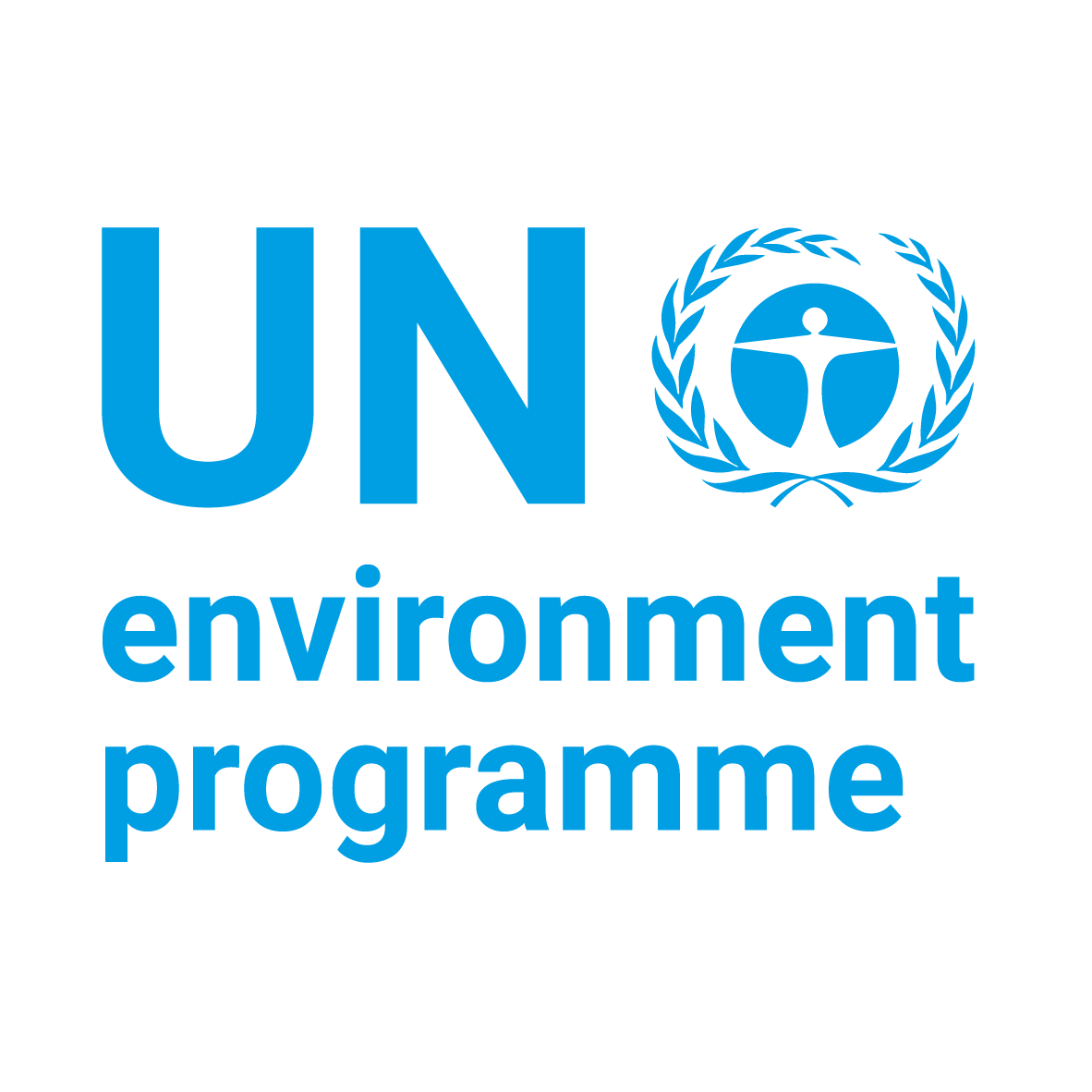Many of the tales to emerge from the mountains, valleys and deserts of the Silk Road in the last 2,000 years have made it the stuff of legend. Through sheer courage, early traders opened overland and sea routes across Western, Central and South Asia, they connected China, Europe and East Africa as never before. The impact of such trade transformed entire economies along the route.
Yet, the most important story to emerge from the Silk Road outstrips the others many times over.
Because the transfer of new technologies and arts, languages and writing techniques, paper manufacturing spread from east to west, glass making from west to east. These things transformed the world for generations to come.
And it's a story still being written today. The flow of knowledge, culture and politics along those routes continues to transform lives - in circumstances that can be just as challenging.
Take the catastrophic earthquake that hit Nepal last year. The epicenter was close to Chiti, in the Lamjung district. It killed nearly 9,000 people, displaced nearly 3 million and affected the lives of twice as many.
One of those people was Amrita Chepaug.
Like other women in the area, her daily life is to grow vegetables and trees to feed her family.
Before the earthquake she was working in a plant nursery. She cared for the seedlings selected by Chinese and Nepali experts to restore forest ecosystems and create new incomes for local people.
The [EbA South]project was set up by the Chinese Government, the Global Environment Facility and UN Environment. But local people like Amrita had been at its heart since the very start. They understood - all too well - the benefits for the livelihoods and their protection against climate change.
That's why, when the earthquake hit, Amrita was the first person to go to the nursery. She was determined to rescue the seedlings and continue the nursery's work. Very quickly, she was joined by the rest of the community, equally determined to protect their future.
Today Amrita's nursery produces hundreds of thousands of seedlings. Others in the local community are running small businesses with some of the species. But the lessons they have learned and the determination they have shown is changing the lives of people they will never meet.
First, Amrita's story showed the important role that women play in their communities and in promoting sustainability. That inspired Nepal's government to promote gender equality.
Second, the community's commitment in the face of such tragedy inspired the project team to continue all implementation activities in Nepal.
And third, seeing the importance of such environmental efforts to communities hit by disasters inspired Chinese teams to visit to the Sichuan areas hit by the 2008 earthquake.
Suddenly, this is no longer a story about Amrita. It's a story: About sharing best practice in post-disaster restoration initiatives around the world; about efforts that benefit the ecosystems and the people who depend on them. about the kind of international partnerships, government policy and local action that make South-South Co-operation so effective.
That's why I am delighted to announce that team has been trusted to lead the new 10-year programme on Climate, Ecosystems and Livelihoods along the Silk Road.
It will not only cement China's commitment to global leadership in tackling climate change and the environment, but also our shared determination to generate even more results through South-South Co-operation.
It will not just benefit national targets, it will benefit real people.
That's crucial. Because it's the poor in developing countries who are most vulnerable to the impact of climate change on the ecosystems they depend on to for food, shelter and livelihoods.
Take Adandé Belarmain Fandohan, a third generation forester from Benin. He understands that more than most. His grandfather led the creation of several forests and his father was a Colonel in the national paramilitary forestry institute.
The focus of Adandé's studies was how to improve the livelihood of rural communities against a backdrop of climate change. The work was so strong he was recognized by the Chinese Academy of Sciences and joined our ecosystems team in Beijing.
Best of all, today Adandé is back home raising a young family and helping to share knowledge, innovation and experience between China and Africa.
Thanks to South-South Co-operation, his experience will benefit people in developing countries around the world. That's why this new adventure along the Silk Road might just be the biggest in its 2,000 year history. It's why we must show the same courage and determination on the journey as those original traders, regardless of the financial or political obstacles that rise before us. And it's why people like Amrita and Adandé are a great reminder that our tale will only have a happy ending if individual citizens are willing to help us transform the lives of ordinary people around the world.







